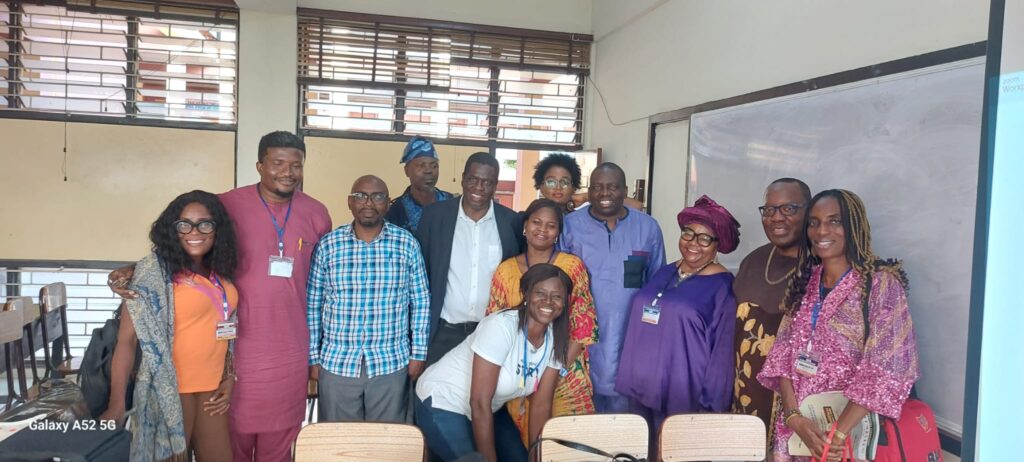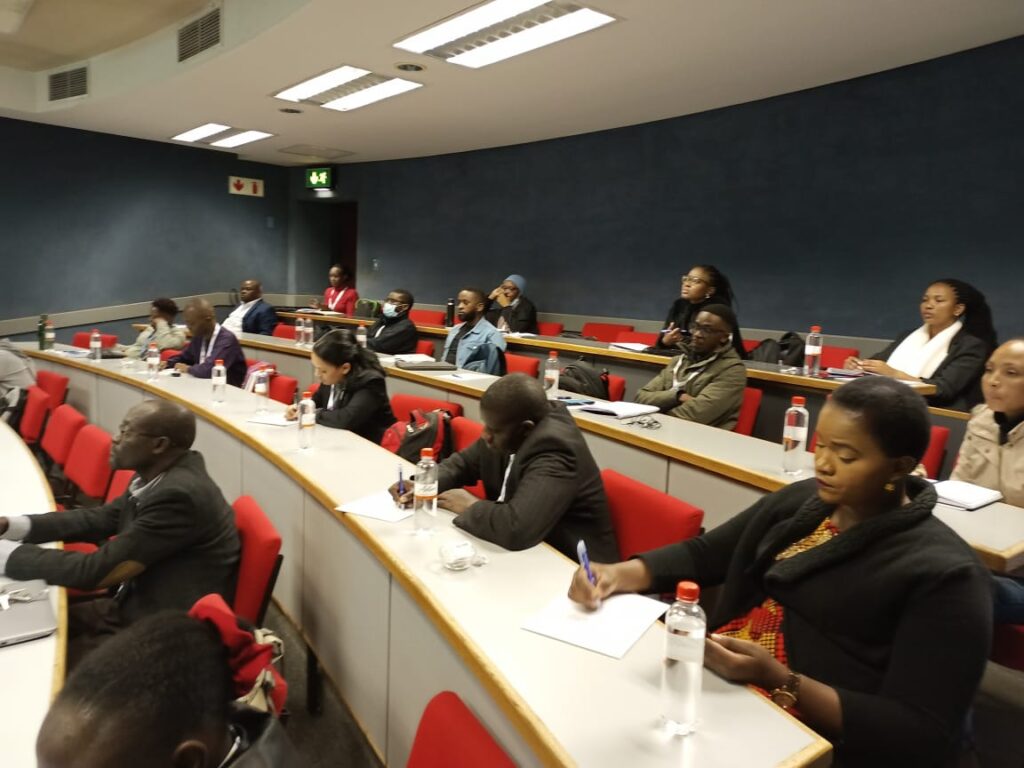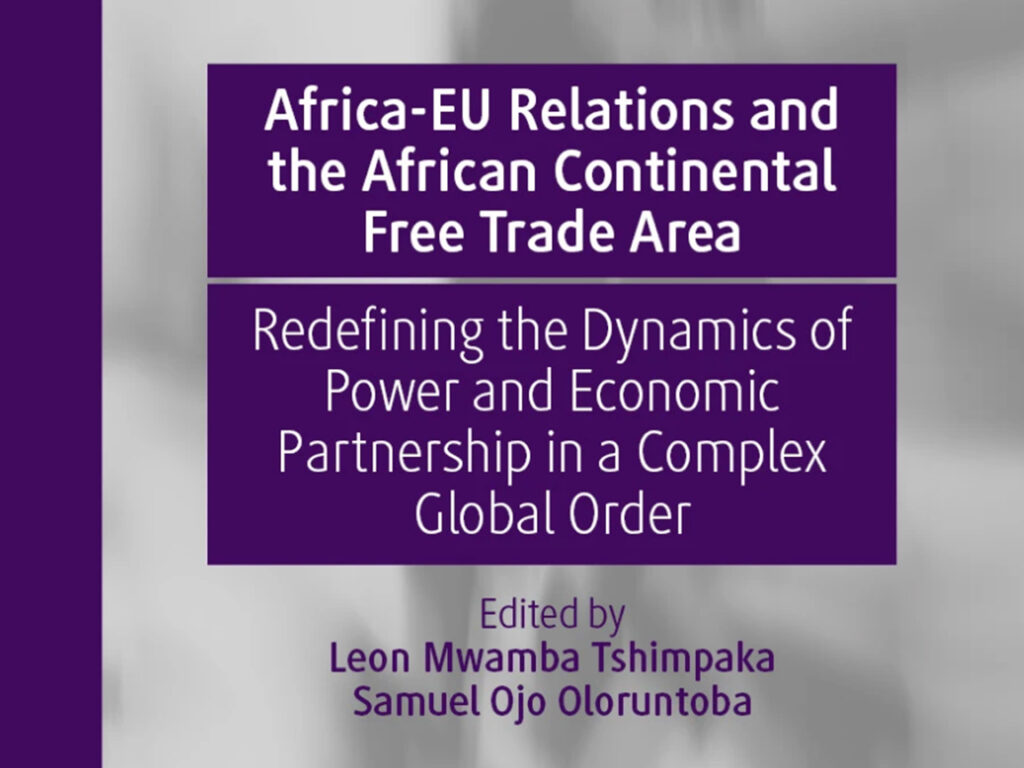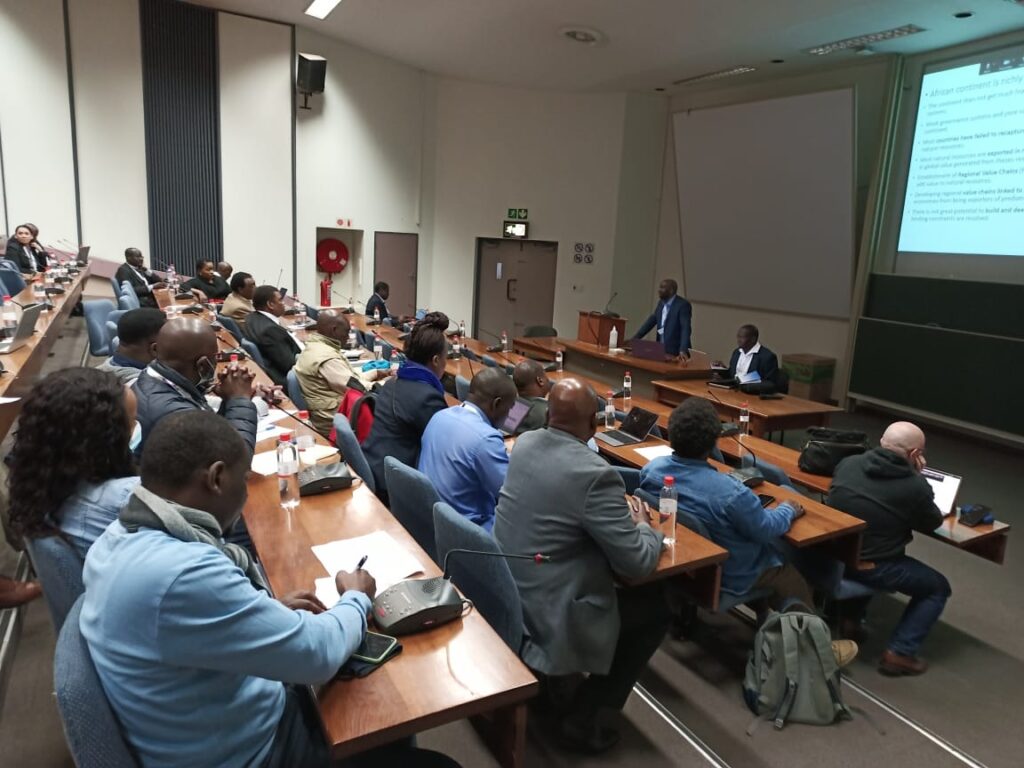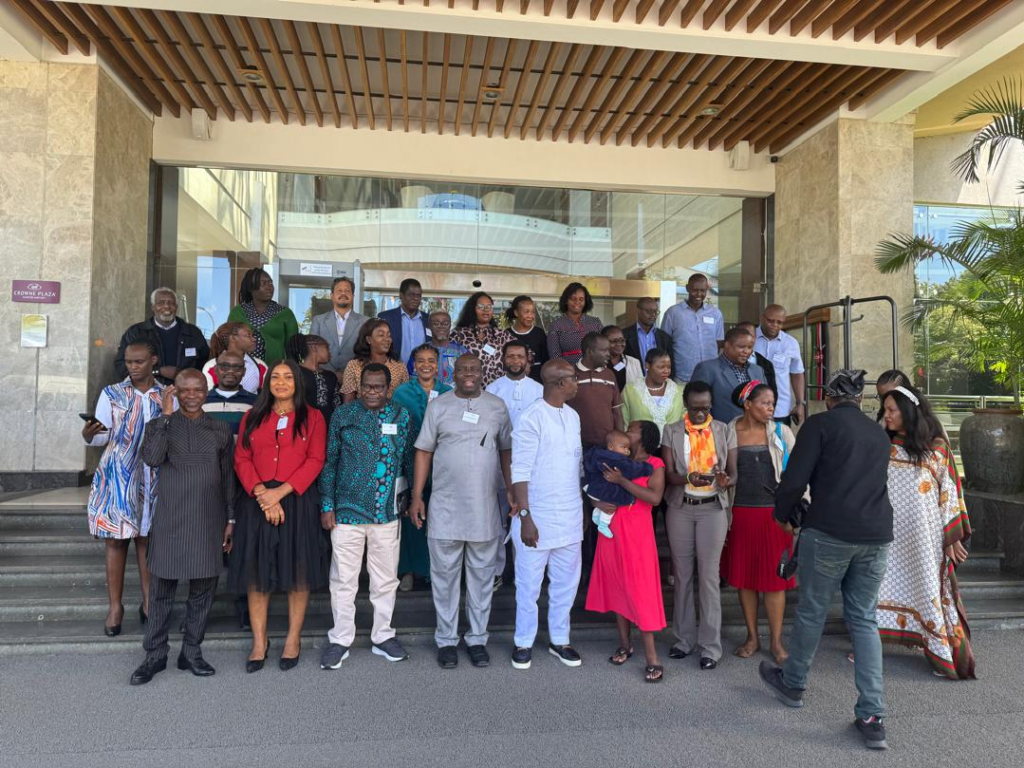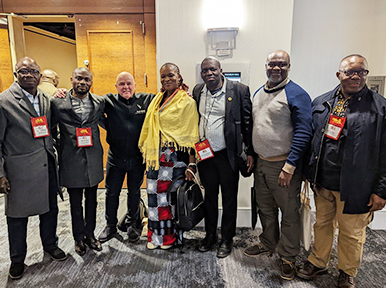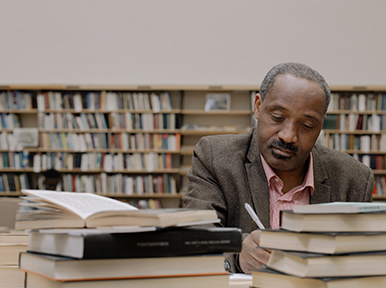International Conference on Navigating Complex Pluriversalism, Indigeneity, Natural Resources Governance and Intercontinental Relations in the 21st Century, 5-7 July 2022, University of Pretoria, Pretoria, South Africa Preamble International Conference on Navigating Complex Pluriversalism, Indigeneity, Natural Resources Governance and Intercontinental Relations in the 21st Century, 5-7 July 2022, University of Pretoria, Pretoria, South Africa Indigenous communities in different parts of the world have faced different forms of discrimination both during and after colonialism. In its characteristic strategy of divide and rule, the colonial state pitched the dominant groups against Indigenous communities. Dominant groups in postcolonial state have also sidelined the Indigenous communities by taking over their ancestral lands, decentering their voices and designing policies that are generally not consistent with their values, norms, and expectations. The continued silencing of the Indigenous knowledges in various aspects of live in Africa deprives the continent of the rich tapestry of epistemological and ontological foundations of governance, economy, peace and security, climate and environment, food security and governance of natural resources that existed in precolonial. The need to recentre Indigenous knowledges in Africa has become even more compelling in the context of the limited relevance of external knowledges that have formed the basis of the organization of African society since colonial times. Beyond the extractive research paradigm that have defined the interaction between Indigenous communities and dominant groups, both locally and internationally, co-creation of knowledge with Indigenous communities is critical to recentering their voices and integrating the rich knowledges into policies and programs that can improve their livelihoods in ways that reflect the values and norms of the Indigenous groups. In this context, the voices of stakeholders such as traditional leaders, community gate keepers of knowledge, community youths, civil society groups and so on are central to the promotion of inclusion of the Indigenous knowledges in Africa, Given the paucity of research in this area of knowledge, it has become imperative to build on existing body of knowledge done by scholars in Africa and build new research network that will carry forward the endeavour to recentre the voice of Indigenous groups. The Conference It was in furtherance of the above that an international conference was organized at the University of Pretoria, South Africa from July 5-7, 2022. The conference was organized by the Institute of African Studies, and Sprott School of Business, Carleton University, Department of Political Science, University of Pretoria, South Africa Queen’s University, Kingston, Canada, Thabo Mbeki School of Public and International Affairs, University of South Africa, South Africa, University of Zululand, South Africa, and Norwegian University of Science and Technology, Norway The conference attracted participants from different countries, including Uganda, Kenya, Nigeria, South Africa, Tanzania, Cameroun and Norway. In addition, there were several online participants. The conference was also intergenerational in scope as graduate students and postdoctoral fellows either presented their research on their own or jointly with their supervisors. A unique aspect of the conference was the participation of people outside the academia such as former Director-General of a federal government Department of Traditional Affairs, four community leaders and civil society organizations. Two speakers were invited to speak on how Indigenous knowledge can foster better governance of natural resources and relations between Africa and Europe. At the end of the conference, participants were asked to share their expectations from the conference, identify the challenges to centering Indigenous knowledges and the ways forward to reclaiming Indigenous knowledges in Africa. The general responses to these questions are included in appendix 1 to this report. The participants underscored the relevance of Indigenous knowledge systems to reorganization of governance institutions, preservation of heritage, creation of employment and entrepreneurial opportunities. They also emphasized the necessity of recentering the voices of community leaders, reengagement of traditional governance institutions in co-creation of policies that foreground Indigenous practices. Participants called for conscious efforts to interrogate the relationship between the state and traditional governance institutions. The need for epistemic revolt against the dominance of Eurocentric knowledge system under the false idea of universalism was emphasized. Instead, the participants called for the promotion of pluriversalism, which recognizes the authenticity and equality of other knowledges through conscious restructuring of curricula at all levels of education. Participants also advocated for a return to African values of communitarianism, humility, collectivization, stewardship to the communities, and ubuntu. Although the participants recognized the complexities around Indigenous identities in the context of Africa, they agreed that there are marginalized groups whose knowledges and ways of lives should be studied and recentred as part of efforts geared towards the recovery of African knowledge systems. Next steps. The participants were unanimous in asking for the next steps in the project. While they variously described the conference as ‘reviving’ ‘enervating’ ‘timely’ and ‘necessary’, they expressed a desire to move from theory to practice. They advocated for the establishment of a network that would help to sustain the momentum of the discussions that took place at the conference. They also wanted practical intervention programs that would help to foster employment and entrepreneurship activities using Indigenous knowledges across the continent. Given the experiences of Canada in addressing historical injustices through recentering Indigenous knowledges and development of methodologies for conducting research among the Indigenous communities, participants expressed interest in cross-cultural learning and exchanges between African scholars working on Indigenous knowledges and their counterparts in Canada. Based on the above, the participants made the following declarations: Incorporate IKS into the curricula at all levels of education. Borrow lessons and experiences from China, Canada and other countries which have introduced IKS in the university curriculum Be practical and go beyond rhetoric by engaging with all relevant stakeholders such as gate keepers, elders, community leaders and civil society in Indigenous communities Teach IKS in indigenous languages and make teaching of IKS compulsory Establish natural heritage centres across all African countries Establish an African Network for Research on Indigenous Knowledge (ANRIK) to recentre Indigenous knowledges on various issues such as food security, governance, climate change, peace and conflict, health and so on. The network should conduct

